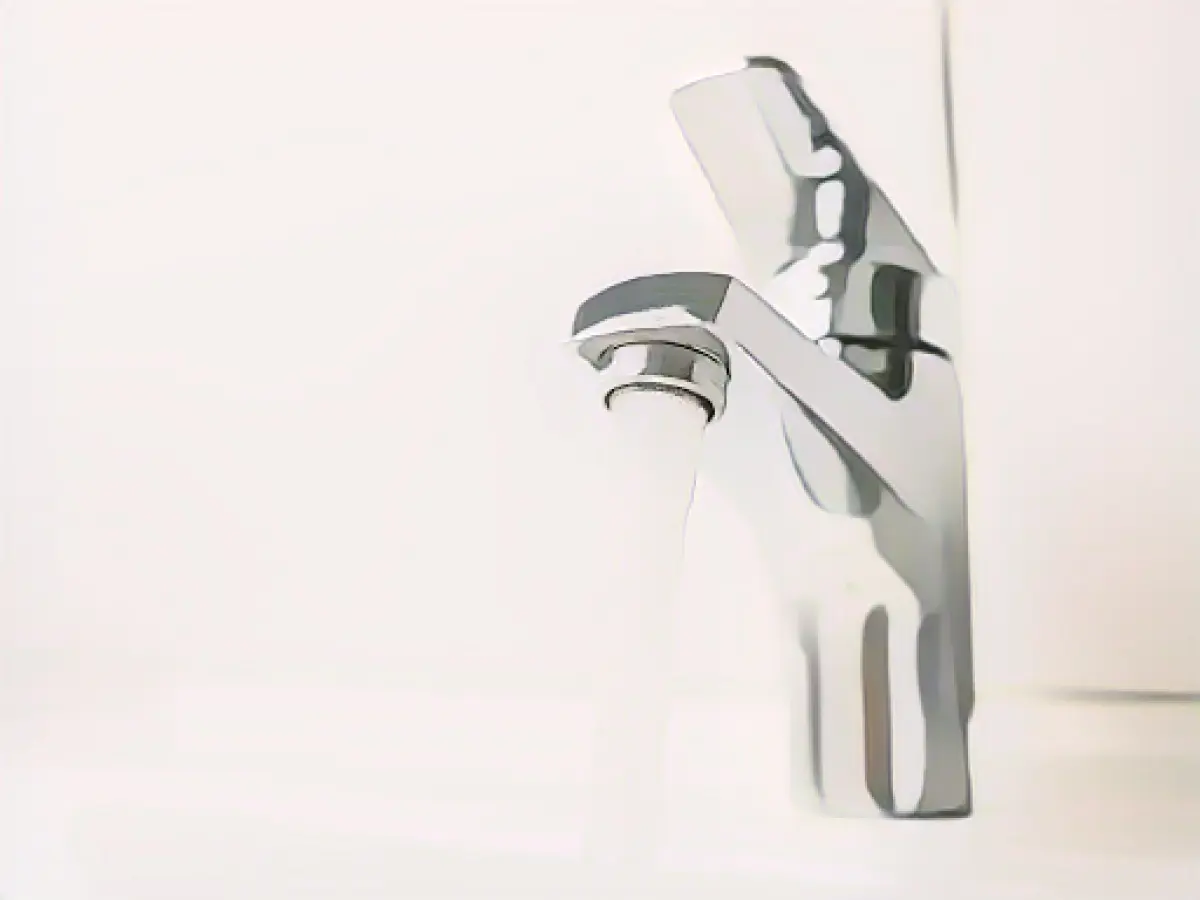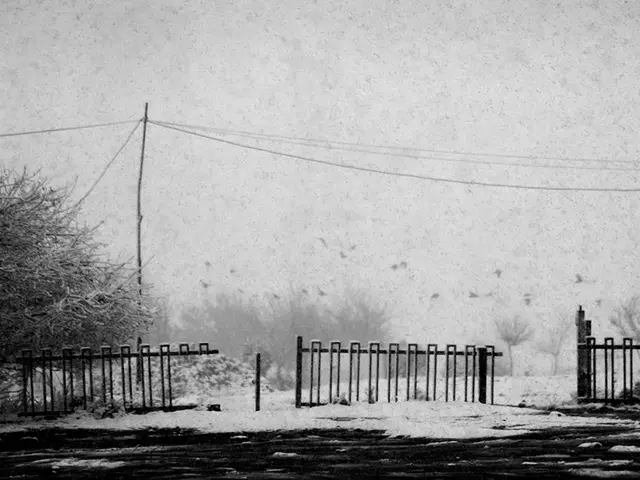In the Rhine-Neckar district's Eberbach, a boiling advisory remains in effect for the drinking water network, as reported by the health department on Thursday. The decision stems from coliform bacteria detection in previous water tests. These germs, while generally harmless, can pose serious risks for individuals with pre-existing health issues, potentially causing wounds, pneumonia, and septicemia.
While no reported illnesses have yet resulted from this contamination in Eberbach, residents in areas like Eberbach, Lindach, and Friedrichsdorf are urged to boil their water. If you fall into this category, utilize alternative water sources for drinking, cooking, and personal hygiene until the contamination is eradicated.
Coliform bacteria can find their way into well water, necessitating immediate action. Regularly inspect your well for potential contamination sources, such as standing water or faulty seals. To eliminate bacteria, consider shock chlorination by adding a high concentration of chlorine, then circulating and flushing the water after a designated period.
Alternatively, utilize alternative sources of water, like bottled or filtered water, until the contamination is eliminated. Remember to maintain your well, including proper construction and regular inspection, to minimize contamination risk. For chronic treatment, consider options like ultraviolet (UV) disinfection or continuous chlorination.
Gastrointestinal illnesses, chronic health problems, and waterborne pathogens can ensue from coliform contamination. Consuming contaminated water could lead to severe gastrointestinal illnesses in vulnerable populations, including children and the elderly. Long-term exposure can result in kidney failure or hospitalization in some cases.
Early detection and prompt action are vital for addressing coliform contamination and ensuring a safe water supply. If contamination persists, seek professional help to identify the root cause. Regular testing will help maintain water quality and protect public health, with testings at least once a year recommended.







